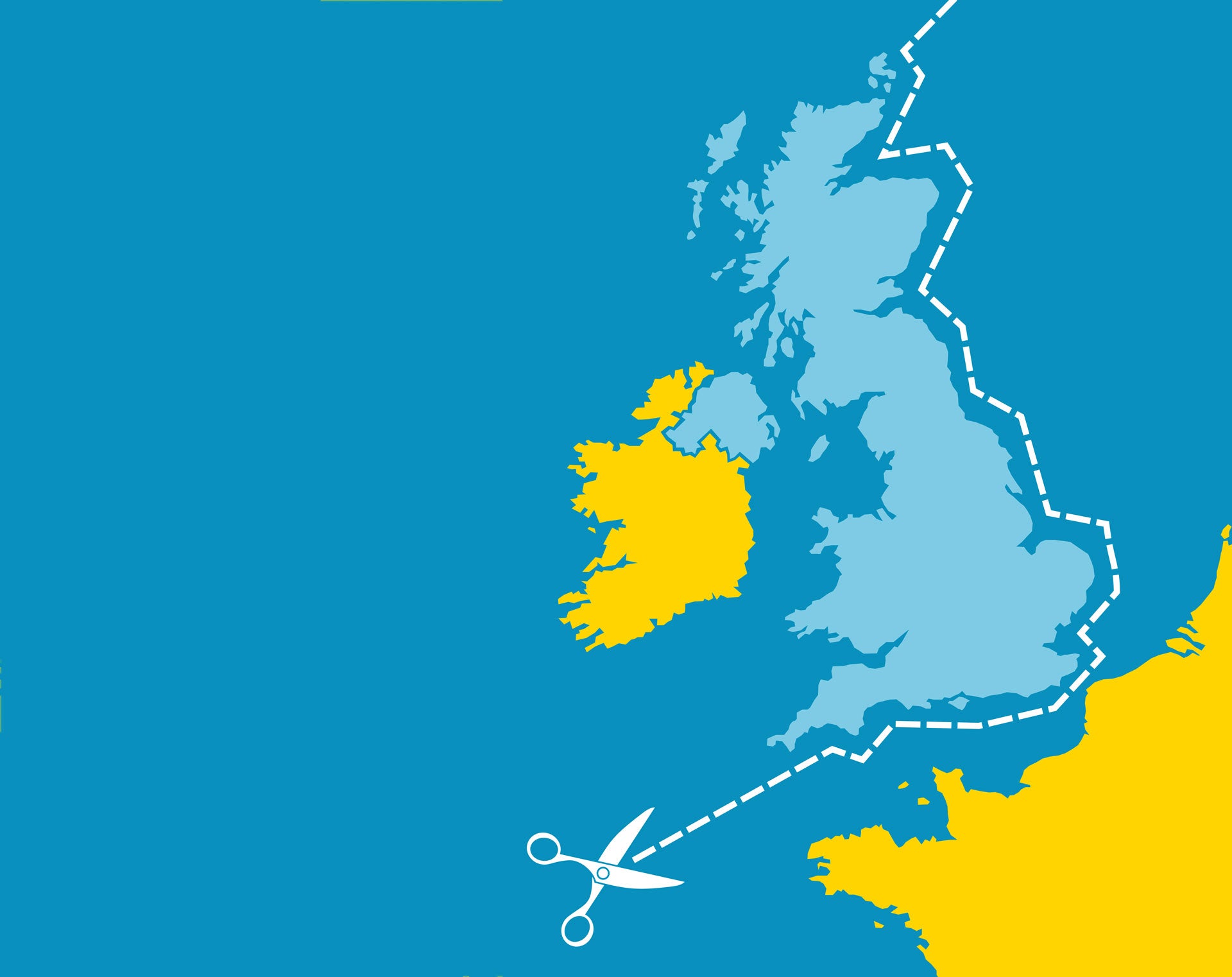
The absence of the UK services sector from UK-EU Brexit trade negotiations could have a “profound impact” on businesses, according to one thinktank.
The services sector, sometimes referred to as the tertiary sector, includes a number of diverse industries, such as IT and hairdressing, architecture and the arts, health services, education and financial services. The sector makes up 81% of the UK economy and employs around 30 million people in the UK.
However, governments have “paid little attention to the services sector in the Brexit negotiations” according to The UK in a Changing Europe, an independent research thinktank.
In its report, Services and Brexit, The UK in a Changing Europe explored the impact Brexit negotiations could have on the services-based economy.
It highlighted the fact that the EU single market is “primary destination” for UK services exports, as well as the UK service industry relying on EU migrant workers, yet free trade agreements often do not adequately address the issues facing the services industry, when compared with the trading of goods.
The UK is seeking a Comprehensive Free Trade Agreement, which aims to facilitate more cross-border services trade, but this deal is not guaranteed, and if it is not agreed upon, the UK services industry could face additional barriers when doing business in the EU.
How well do you really know your competitors?
Access the most comprehensive Company Profiles on the market, powered by GlobalData. Save hours of research. Gain competitive edge.

Thank you!
Your download email will arrive shortly
Not ready to buy yet? Download a free sample
We are confident about the unique quality of our Company Profiles. However, we want you to make the most beneficial decision for your business, so we offer a free sample that you can download by submitting the below form
By GlobalDataAccording to The UK in a Changing Europe, even if a deal is reached, the UK’s service industry could be negatively affected as “World Trade Organisation rules are much weaker for services than goods”.
According to research by the National Institute of Economic and Social Research, even if the UK and EU reach a free trade agreement, services trade with the EU could still drop by 60%.
The UK in a Changing Europe highlighted that the financial services sector, which accounts for 22% of UK service exports, could be particularly affected and companies could lose “passporting rights for financial services produced in the UK”.
Overall, the combination of Brexit and the Covid-19 pandemic could “significantly reshape the UK’s economy”, and the end of free movement between the EU and the UK could lead to staff shortages in the services industry.
Professor Sarah Hall, senior fellow of the UK in a Changing Europe, said:
“Given the UK’s reliance on services, the government faces a key question in the current negotiations: what economic price, in terms of declining single market access, is it willing to pay to ‘take back control’ on services regulation? How this question is answered will be critical in shaping UK services post covid and post Brexit.”
Read more: UK quietly selects AWS to store NHS Test and Trace data.







